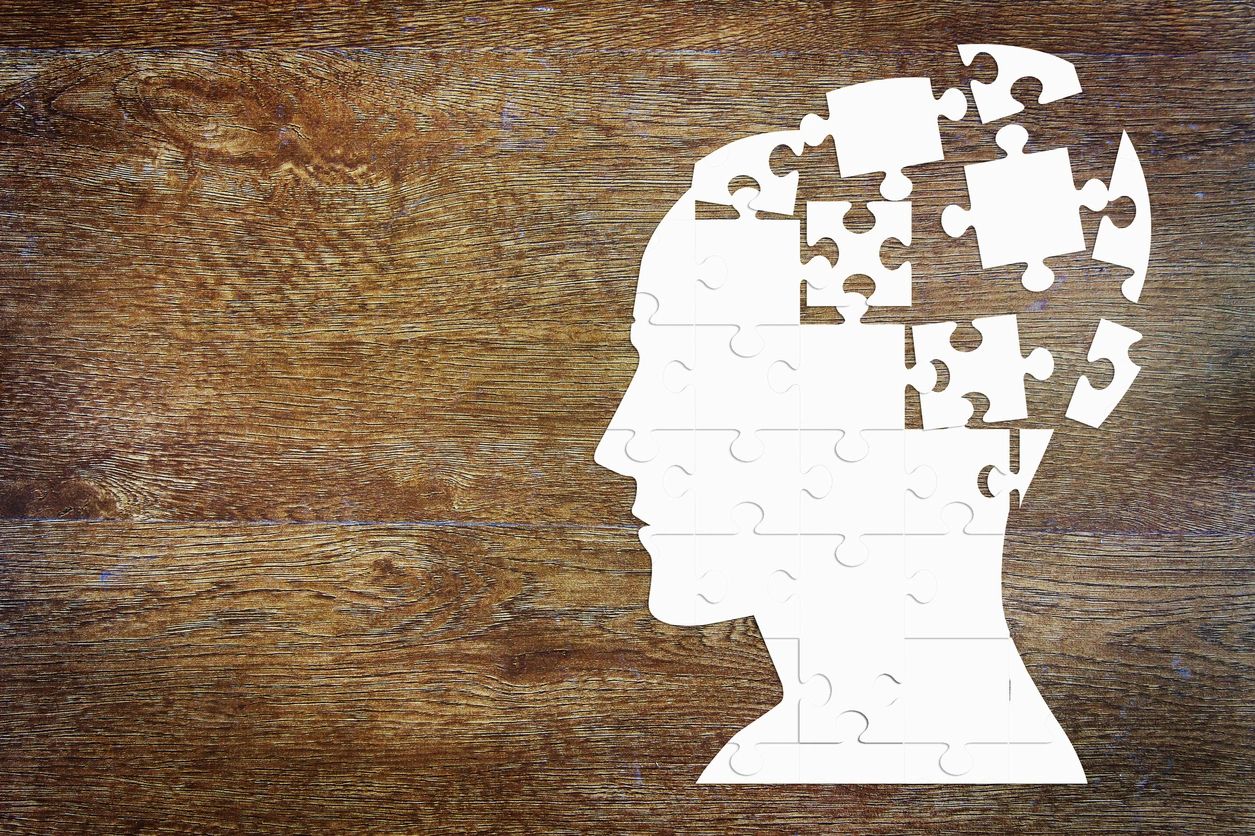If you’ve ever had a newborn baby in your home, then you know how hard it is to be sleep deprived. As a mother of four children, I have lived in this state of sleep deprivation for several seasons, and it makes life very difficult. From small things like accidentally putting the milk in the pantry instead of the refrigerator to big things like being afraid of falling asleep at the wheel, sleep deprivation affects daily life. For many, sleep deprivation lasts more than a “season” and can become a daily reality.
According to the CDC, adults need 7 hours of sleep per day. It is reported that 35% of adults do not get this recommended amount of sleep. Interestingly, according to Gallup News, in 1942, the average amount of sleep among adults in America was 7.9 hours per night. In 2013, the average was 6.8 hours per night. As our society has become busier, more media focused, and more consumed with getting ahead, sleep seems to have become less of a priority. This leads many of us to question, “Is sleep really that important?”
Science clearly proves that our bodies need sleep. Sleep is necessary for overall physical health. In recent years, scientists have found that sleep plays a critical role in brain formation, allowing our bodies to create and form new neural pathways. Sleep helps to improve memory, increase creativity and attention, and helps with decision making. Additionally, sleep is now being thought to help clean out toxins that accumulate in the brain throughout daily life. Sleep also plays a huge role in healing and repairing cells within our body. It helps maintain hormone balance in our bodies and boosts our immune system.
Sleep also has a huge affect on our mental health. Sleep deprivation can lead to mental health issues, such as anxiety and depression, and individuals with mental health issues experience a higher rate of sleep deprivation than the average population. Many people find themselves in a vicious cycle where decreased sleep leads to more anxiety or depression, which in turn leads to less sleep. In fact, the latest statistics show that sleep problems affect over 50% of those with an anxiety disorder and 65%-90% of adults with diagnosed depression.
There are over 70 different sleep disorders that exist. However, the treatment for these disorders is generally the same. One of the best treatment options for sleep disorders is a change in lifestyle. The following lifestyle changes are recommended for improving sleep:
- Limit caffeine, alcohol, and nicotine. These substances essentially increase heart rate and brain stimulation. Even alcohol can have this affect. Avoiding these before bedtime, or avoiding them altogether can help with sleep problems.
- Keep a regular time for going to sleep and waking up to train your body and brain to get into a regular sleep pattern.
- Use the bedroom for sleep (and sex) only. If your bed is primarily used for sleep, then your brain will begin to associate your bed with sleep as opposed to other things that are done during awake time.
- Keep the bedroom dark and free of distractions, such as TV screens and computer screens. Additionally, you should limit or avoid using screens before bedtime. Using screens stimulates the brain, making it harder for your brain to turn off and get into a state of sleep.
- Meditation, deep breathing, and stretching before bed can all help your body to unwind, relax, and move toward the state of sleep.
Cognitive Behavioral Therapy (CBT) is another treatment used to treat sleep disorders, such as insomnia. CBT helps to change thinking and negative behaviors associated with sleep and sleep deprivation. The therapists at Water’s Edge Counseling are trained in CBT and work with clients who experience sleep issues on a daily basis. If you are suffering from a sleep issue, or if your anxiety or depression is causing you to lose sleep, then therapy may be just the thing to help you improve and increase your sleep. Please call us at 912-319-5552. We would love to help you get the sleep that your body needs!

